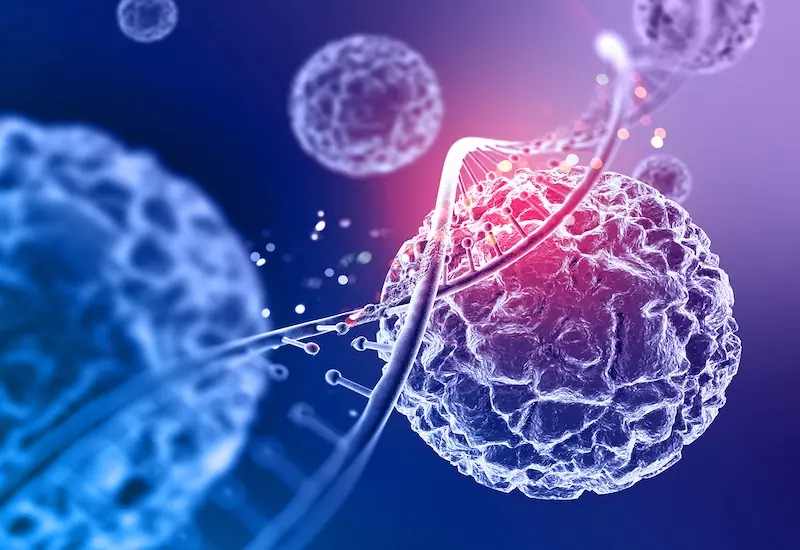
Top 13 Signs That You May Have a Thyroid Disorder
Top 13 Signs That You May Have a Thyroid Disorder
Your thyroid gland, a butterfly-shaped organ located in your neck just above the collarbone, plays a crucial role in regulating your body's metabolism, energy production, and overall hormonal balance. This small but mighty gland produces hormones that influence various bodily functions, including heart rate, body temperature, and digestion. The pituitary gland in the brain controls the thyroid's activity by secreting thyroid-stimulating hormone (TSH), which prompts the thyroid to produce its hormones.
Thyroid disorders are prevalent, with millions of individuals affected worldwide. These conditions can be broadly categorized into:
-
Hypothyroidism: An underactive thyroid that doesn't produce enough hormones.
-
Hyperthyroidism: An overactive thyroid that produces excessive hormones.
-
Other conditions include goiter (enlarged thyroid), thyroid cancer, thyroid nodules (lumps), and thyroiditis (inflammation).
Recognizing the signs early can lead to timely diagnosis and treatment. Here are 13 common indicators that you might have a thyroid disorder:
-
Fatigue and Sleep Disturbances
-
Hypothyroidism: Persistent tiredness, even after adequate sleep.
-
Hyperthyroidism: Difficulty falling asleep or staying asleep due to increased metabolism and anxiety.
-
-
Weight Fluctuations
-
Hypothyroidism: Unexplained weight gain or difficulty losing weight.
-
Hyperthyroidism: Unexpected weight loss despite normal or increased appetite.
-
-
Mood and Mental Health Changes
-
Hypothyroidism: Depression, brain fog, and poor concentration.
-
Hyperthyroidism: Anxiety, irritability, and nervousness.
-
-
Digestive Issues
-
Hypothyroidism: Constipation and slow digestion.
-
Hyperthyroidism: Frequent bowel movements or diarrhea.
-
-
Muscle and Joint Problems
-
Hypothyroidism: Muscle weakness, cramps, and joint pain.
-
Hyperthyroidism: Muscle weakness and fatigue.
-
-
Menstrual and Reproductive Health
-
Hypothyroidism: Heavy, irregular, or painful periods; fertility issues.
-
Hyperthyroidism: Light, infrequent periods; potential fertility challenges.
-
-
Hair and Skin Changes
-
Hypothyroidism: Dry, brittle hair; hair loss; dry skin.
-
Hyperthyroidism: Thinning hair; fragile skin.
-
-
Temperature Sensitivity
-
Hypothyroidism: Feeling cold even in warm environments.
-
Hyperthyroidism: Increased sensitivity to heat; excessive sweating.
-
-
Cholesterol Levels
-
Hypothyroidism: Elevated cholesterol levels.
-
Hyperthyroidism: Low cholesterol levels.
-
-
Blood Pressure Variations
-
Hypothyroidism: Increased risk of high blood pressure.
-
Hyperthyroidism: Elevated systolic blood pressure.
-
-
Heart Rate Changes
-
Hypothyroidism: Slower heart rate.
-
Hyperthyroidism: Rapid or irregular heartbeat; palpitations.
-
-
Neck Swelling (Goiter)
-
A noticeable swelling or lump in the neck may indicate an enlarged thyroid gland.
-
-
Risk Factors
-
Family History: A family history of thyroid disorders increases risk.
-
Gender and Age: Women, especially those over 60, are at higher risk.
-
Smoking: Smoking can increase the risk of thyroid problems, particularly hyperthyroidism.

-
If you experience several of these symptoms, it's essential to consult a healthcare provider. Diagnosis typically involves blood tests to measure TSH and thyroid hormone levels. Treatment options vary based on the specific thyroid condition and may include hormone replacement therapy, antithyroid medications, radioactive iodine therapy, or surgery.
Early detection and appropriate treatment are crucial in managing thyroid disorders effectively.
News in the same category

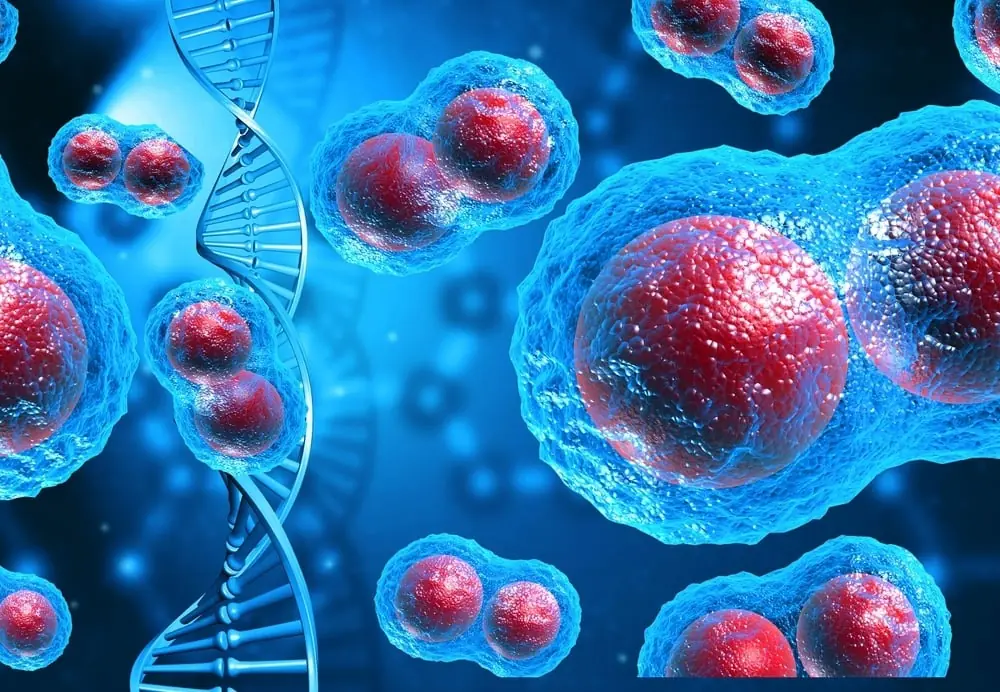
A Family of Four Siblings Diagnosed with Stomach Cancer – Doctor Shakes His Head: Two "Deadly" Common Habits Many People Share
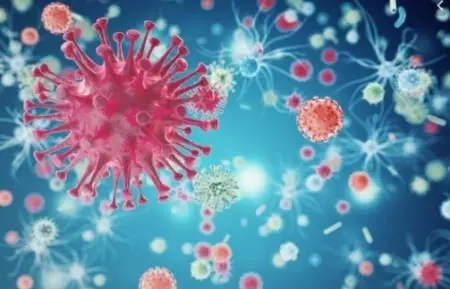
A 49-Year-Old Man Dies of Brain Hemorrhage – Doctor Warns: No Matter How Hot It Gets, Don't Do These Things

England Has Officially Started To Give Out New Injections That Treat 15 Cancers
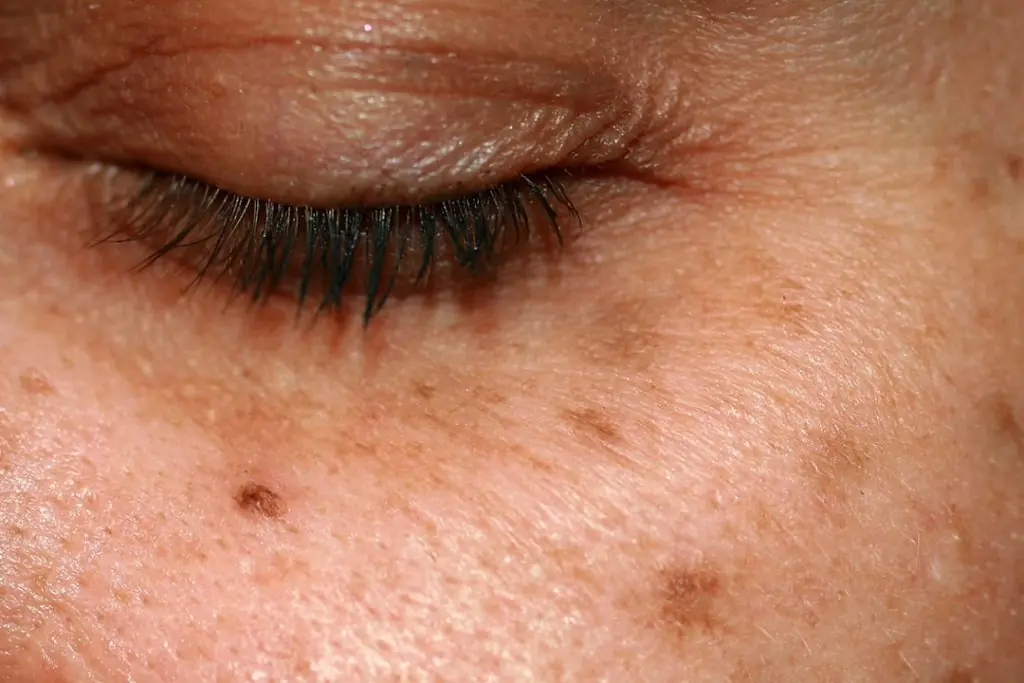
How to Fade Age Spots: Causes, Treatments, and Prevention That Actually Work
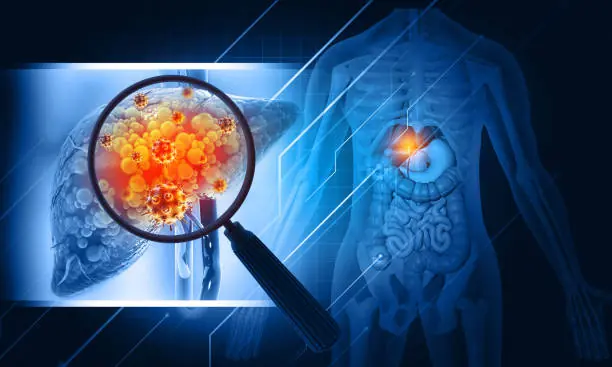
Early Warning Signs of Liver Damage — And How to Protect and Strengthen Your Liver Naturally
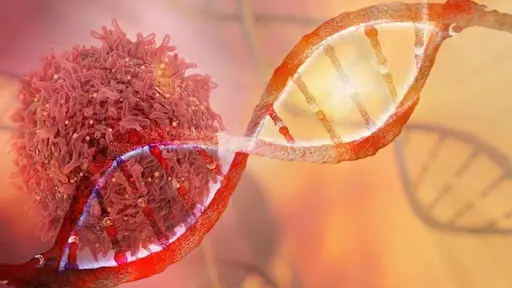
Two Itchy Areas on the Body May Signal Liver Cancer—Many Mistake It for an Allergy
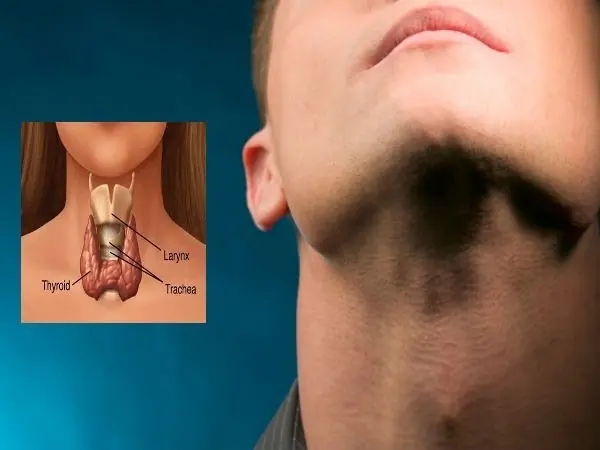
The Number of People with Thyroid Nodules Is Increasing! Doctors Repeatedly Emphasize: Eat Fewer Tomatoes and More of These 3 Foods

More and More People Are Suffering from Visceral Fat! Doctor: 9 Foods That Help Reduce Visceral Fat – Eat Them Regularly
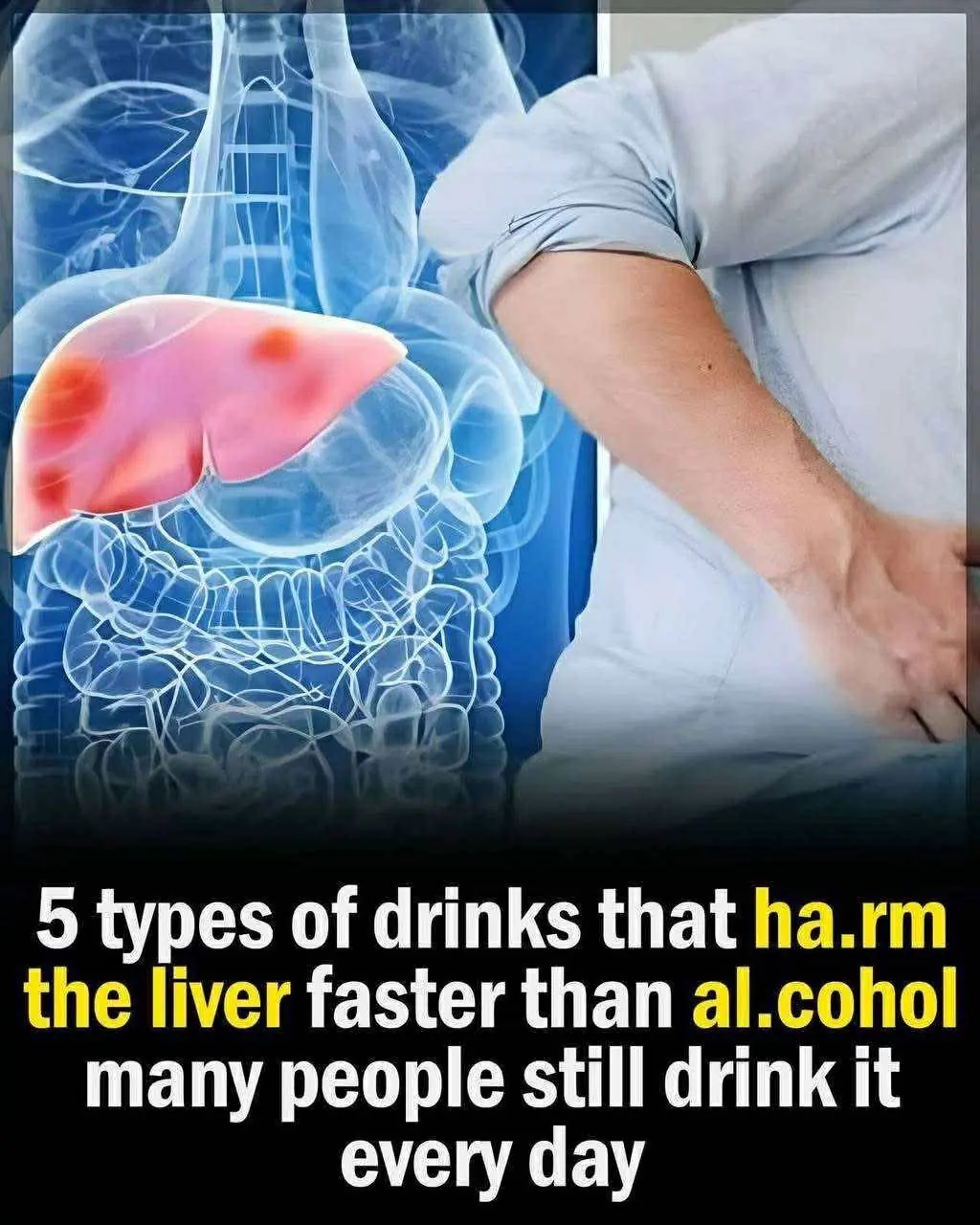
5 everyday drinks that can harm your liver like alcohol

Your Guide to Preparing for the Gynecologist: 10 Key Dos and Don’ts
A 6-year-old boy diagnosed with late-stage canc3r, his father regrets after doctors reveal the cause linked to a popular type of beverage

If Your Parent Shows These 4 Signs, They May Be Nearing the End of Life. Prepare Yourself for What’s to Come

What Can Your Urine Tell You About Your Health?
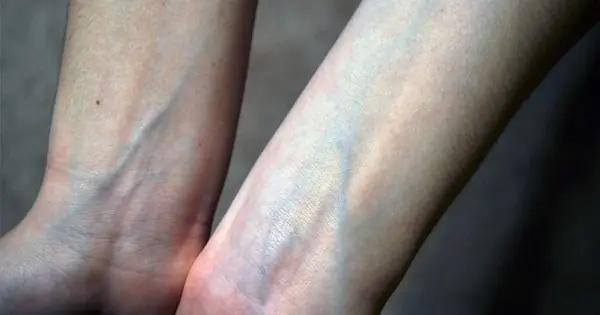
If You See Someone with Prominent Blue Veins, You Must Tell Them This — It Could Save Their Life
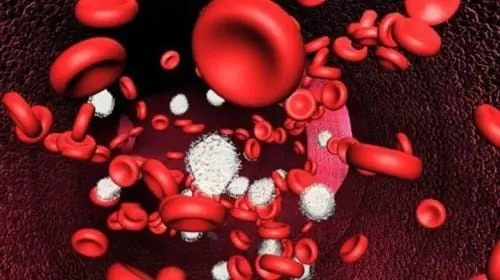
Cancer Cells Destroyed in 42 Days by a Glass of Juice: A Stunning Success That Has the World Celebrating
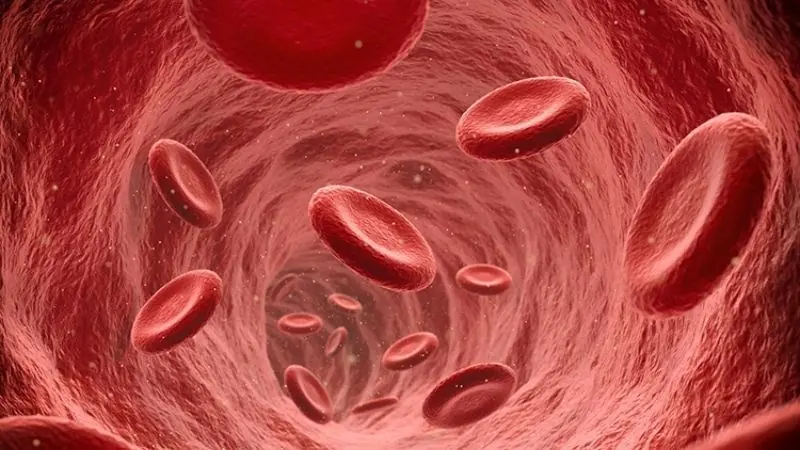
Cancer Doesn’t Hurt at First, But If You Notice These 5 Signs When Using the Bathroom, See a Doctor Early: Don’t Ignore Them

Epsom Salt Bath and Foot Soak – Benefits and Recipes (Ultimate Guide)

10 Benefits to Drinking Warm Water (No Lemon Required)
News Post

The photograph of a little boy who became one of the most recognizable men today

Three Family Members Diagnosed with Thyroid Nodules – The Mother Collapses: “I Thought Eating More of Those Two Things Prevented Cancer”

A Family of Four Siblings Diagnosed with Stomach Cancer – Doctor Shakes His Head: Two "Deadly" Common Habits Many People Share

A 49-Year-Old Man Dies of Brain Hemorrhage – Doctor Warns: No Matter How Hot It Gets, Don't Do These Things

England Has Officially Started To Give Out New Injections That Treat 15 Cancers

He left as soon as he found out the diagnosis of our son. And I stayed—because I couldn’t leave my child alone

Their daughter disappeared in 1990, on the day of her graduation. And 22 years later, the father found an old photo album

We'll live off our daughter-in-law; she has a good job," the mother-in-law shared with her friend

While the woman was doing a deep cleaning of the house, she came across an old letter from her deceased husband. Carefully unfolding it, she skimmed through the lines… and froze

If she needs money again, let her call the bank, not me, — Maria snapped, deleting her mother-in-law’s number from her phone

7 Surprising Health Benefits of Okra You Need to Know

The Secret to a Whiter Smile: A Simple Tomato-Based Teeth Whitening Recipe

How to Fade Age Spots: Causes, Treatments, and Prevention That Actually Work

My Husband Sneaked Out Every Night — I Followed Him One Evening and Discovered a Shocking Truth

I Arrived Early for My Big Day and Found Out My Sister Had Planned Her Own Wedding—At My Venue

A Rude Stranger Humiliated Me at My Son’s Restaurant — The Next Day, She Showed Up at My Home as His Fiancée
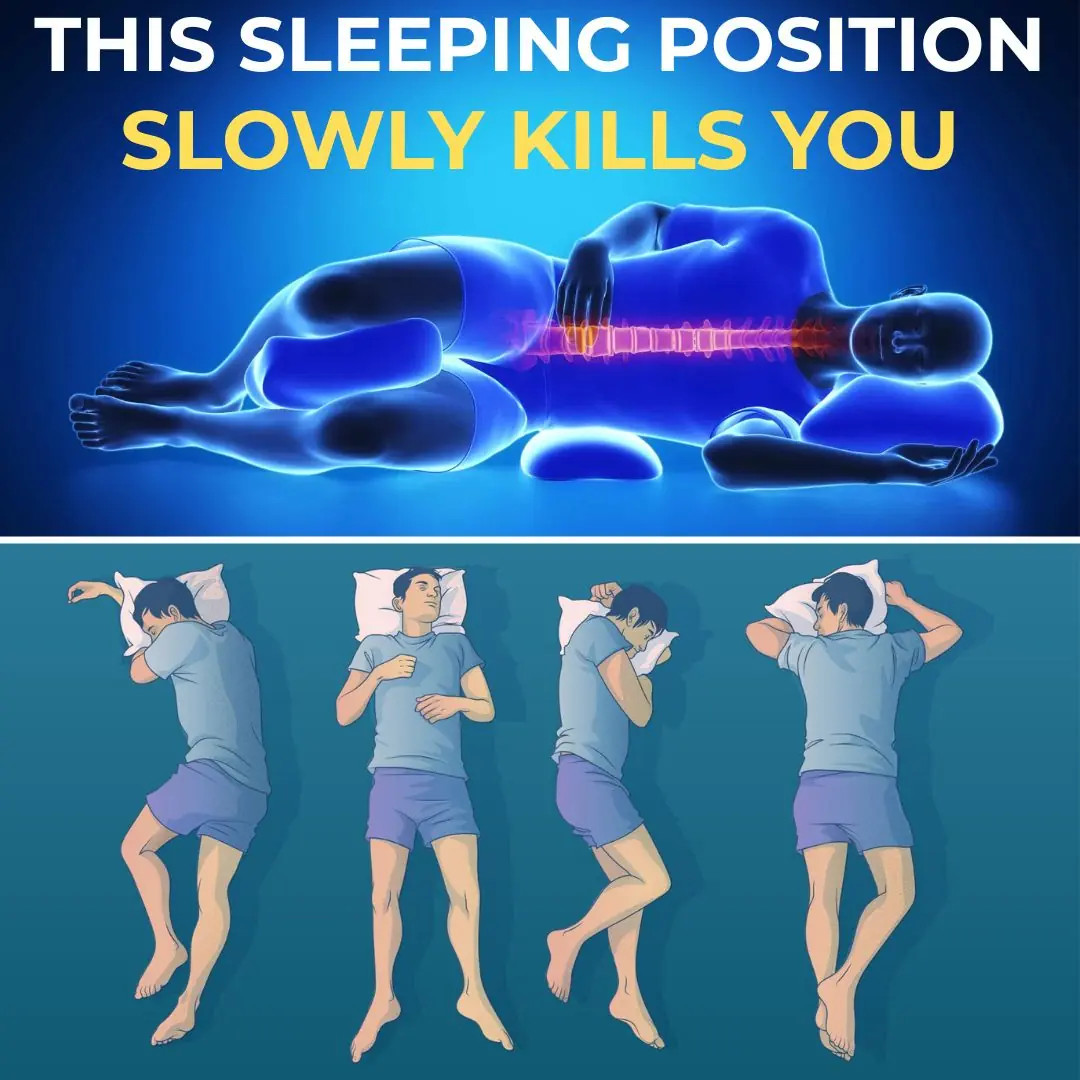
🛑 The MOST DANGEROUS Sleep Position You Never Knew! | Boost Your Sleep Instantly

Say Goodbye to Fatty Liver, Blurry Vision, and Anemia with This Powerful Natural Drink

Early Warning Signs of Liver Damage — And How to Protect and Strengthen Your Liver Naturally
